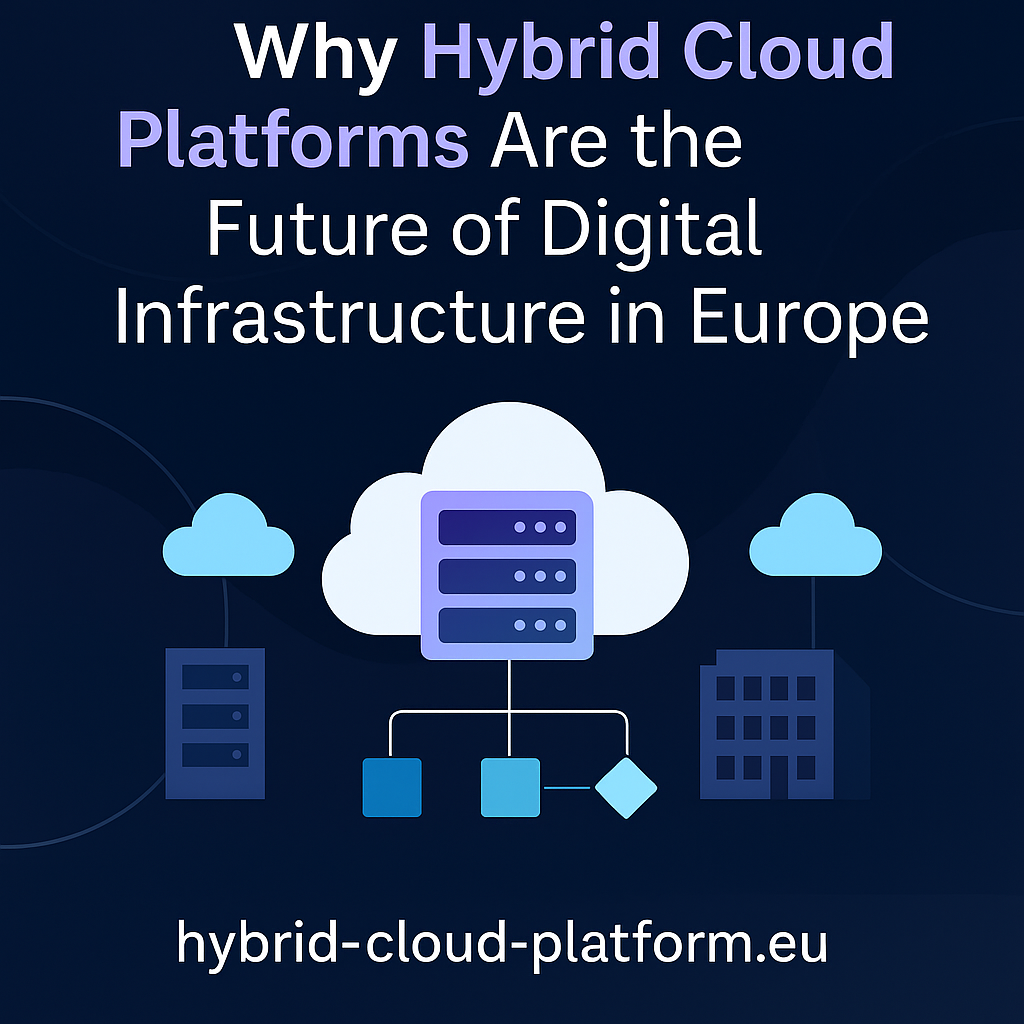Understanding the Key Differences: Hybrid Cloud, Multi-Cloud, and Private Cloud

Understanding the Key Differences: Hybrid Cloud, Multi-Cloud, and Private Cloud
Hey there, tech enthusiasts! Today, I want to take you on a little journey through the fascinating world of cloud computing. You've probably heard the buzzwords: hybrid cloud, multi-cloud, private cloud. But what do they really mean, and how do they differ? Let's dive in and untangle these concepts together.
Hybrid Cloud: The Best of Both Worlds
First up, let's talk about hybrid cloud. Imagine a world where you can combine the benefits of both public and private clouds. That's hybrid cloud in a nutshell. It's like having the best of both worlds at your fingertips. Companies often use a hybrid approach to keep sensitive data secure in a private cloud, while leveraging the scalability and cost-effectiveness of a public cloud for less critical resources.
For instance, a retail company might use a private cloud to manage customer data securely, while using a public cloud to handle spikes in web traffic during a sale. It's all about flexibility and getting the right balance for your specific needs.
Multi-Cloud: Juggling Different Providers
Now, let's shift gears and explore the idea of a multi-cloud strategy. This is where things get a bit more diverse. In a multi-cloud environment, businesses use services from multiple cloud providers. Think of it like picking different tools from various brands to build the ultimate toolkit.
Why go multi-cloud? Well, it's often about avoiding vendor lock-in. By spreading out services across different providers, companies can reduce risks and take advantage of the best features each provider offers. For example, a tech startup might use AWS for its compute power, Google Cloud for machine learning, and Azure for their enterprise applications. It's about crafting a strategy that plays to each provider's strengths.
Private Cloud: Keeping It Exclusive
Lastly, let's talk about the private cloud. This is like having your own exclusive club. Everything is tailored and dedicated solely to your organization. It's all about control, security, and customization. Private clouds are often used by industries with strict regulatory requirements, like finance or healthcare.
Picture a healthcare provider managing patient records. They need to ensure top-notch security and compliance with regulations. A private cloud allows them to build a system that meets these stringent standards while still benefiting from cloud technology.
So there you have it, a quick tour through the cloud landscape. Whether it's hybrid, multi, or private, each cloud strategy offers unique advantages depending on your needs and goals. Interested in diving deeper into these concepts or exploring how they can work for your organization? Check out LayerOps for more insights and guidance on cloud solutions, including hybrid cloud, cloud souverain, and portability. Until next time, happy cloud computing!
```